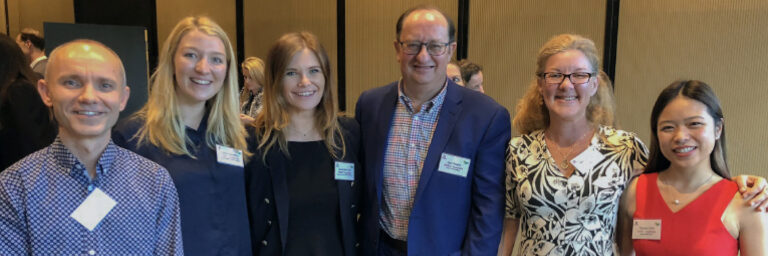
An appreciation of cultural differences allows you to maximise every employee’s unique strengths
Intelligence quotient (IQ) involves an individual’s intelligence, which may have nothing to do with their capability on the job, and emotional quotient (EQ) is interpersonal intelligence that comes into play during interactions at work. However, cultural quotient (CQ) is more advanced, encompassing how one uses this intelligence to work across boundaries, spot opportunities and respond to change.
A leader’s ability to appreciate cultural differences is crucial to both performance and creating value for an organisation. The collective experience across multiple cultures should be used to add value to and increase the performance of business.
Organisations with cultural intelligence have a global mindset and are adaptable, collaborative and inclusive. In an organisation like SMEC, which operates in over 40 countries and includes 70 nationalities, you must inherently believe in the value of working together and understand the strengths of everyone’s contribution.
Employees who are open to cultural diversity are more self-aware
Having the opportunity to work in cross-cultural teams is important to one’s career growth, and should be a part of every employee’s toolbox. Interacting with different cultures can make a person self-aware. Having the openness to accept alternative perspectives allows us to better reflect on, recognise and adapt to cultural differences. It helps us understand our own weaknesses and learn from them, and see how to apply our strengths to develop interpersonal relations.
Cultural intelligence gains trust at every level of the organisation
Trust is the greatest differentiating asset of any successful organisation. Without trust in their leaders, employees will not perform to their best. Today, winning the trust of your employees can be challenging as leaders move outside of their own culture. With more scope for misunderstanding and miscommunication, trust becomes more fragile. More simply, different cultures have different frameworks for defining trust.
In a multicultural organisation, a leader must first understand cultural nuances before implementing strategies and changes, and gaining trust of employees. Cultural intelligence in a leader is therefore a requisite tool, helping them navigate uncertainty, unify people, and build trust to define outcomes and solve problems.
Leading by example
I myself adopt different styles of working with different people, and understand that every new experience brings new challenges. Since moving to Asia, I’ve learnt to be more patient and adapt myself to the different working styles here.
It is important that leaders share their experiences with the rest of the organisation. We need to empower our people and give them clear cultural outcomes and identify genuine, memorable values that are shared throughout the organisation.
Creating an environment based on this shared understanding will allow cultural appreciation and understanding to flow throughout the organisation and across geographies.
Related
insights
 From a strong workplace to a strong society: Why diversity matters
From a strong workplace to a strong society: Why diversity matters
It's an important question and one that every business, and member of society needs to ask: Why is diversity and inclusion important to me?







